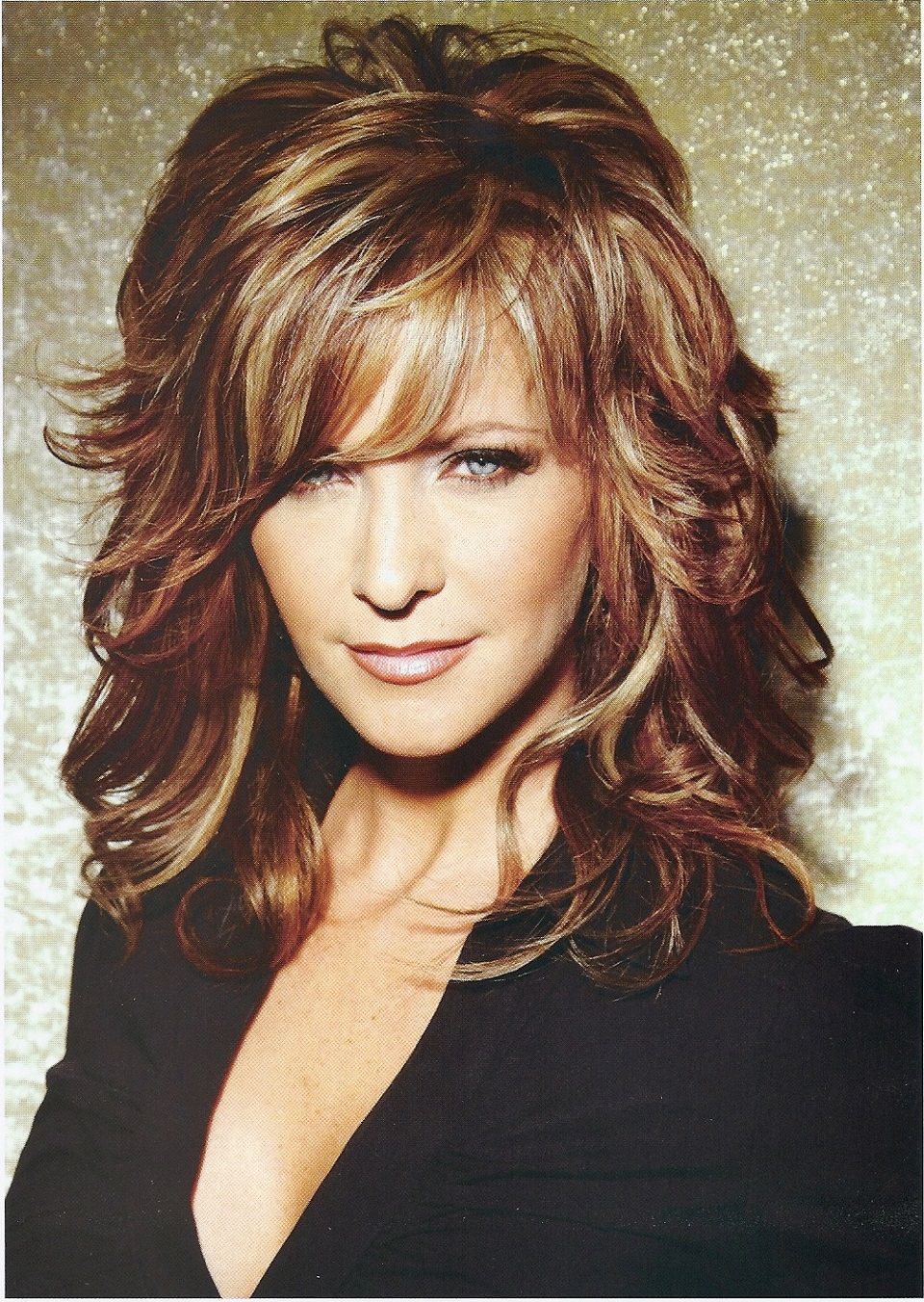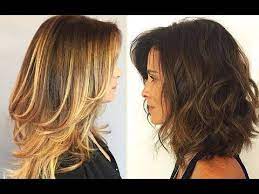
hair for black women is more than just an accessory – it represents her identity and can be an expression of pride or frustration, depending on its style.
Discrimination and Natural Hair Styles
According to recent research, black women who wear natural styles like afros, twists, or braids may face discrimination in the workplace.
Damage Caused by Chemical Treatments
While chemical treatments like dyes, straighteners, and relaxers can help achieve the desired color or texture, they can also cause significant damage. Professional and home treatments should be used together to preserve hair health.
Health Risks of Chemically Treated Hair
Chemical treatments such as relaxers and perms with sodium hydroxide can lead to skin rashes, itching, and redness in those with sensitive skin. Frequent and prolonged use has been linked to uterine fibroids, early puberty in black girls, and even breast cancer.
Special Care for Chemically Treated Hair
Shampoo and conditioner designed for chemically treated hair should be used. Regular hair oils should be avoided, as they can worsen damage by stripping natural moisture. Careful detangling with a wide-tooth comb is recommended.
Personal Preference and Pressure
Black women may straighten their hair to explore more styling options and find it easier to manage than kinky locks. However, the choice to straighten is ultimately personal and should be respected. Societal and professional pressure can influence this decision.
Discrimination in the Workplace
Black women often face discrimination in the workplace based on their natural hairstyles, such as afros, twists, or braids. A study reveals that racial discrimination is still prevalent, leading to pressure to conform to an ideal image.
Health Risks and Appearance
Some black women know the health risks of using hair straighteners but may still choose to straighten their hair to meet white beauty standards or for convenience. Appearance should not be equated with self-hatred or lack of confidence.
Diversity in hair Styles
Many black women choose to straighten their hair due to personal preference, believing it offers more styling options or for simplicity. Altering one’s appearance does not reflect a lack of confidence or self-hatred.
Promoting Legislation and Protection
Campaigns have been launched to promote legislation protecting black women wearing protective styles from discrimination in the workplace. The Crown Act, developed with input from lawmakers and advocates, aims to address this issue.
Influence of Hairstyle on Job Interviews
Research has shown that hairstyle significantly influences employers’ evaluation of job applicants during interviews. Unwritten criteria, including hair length and texture, are often used to judge professional appearance.

